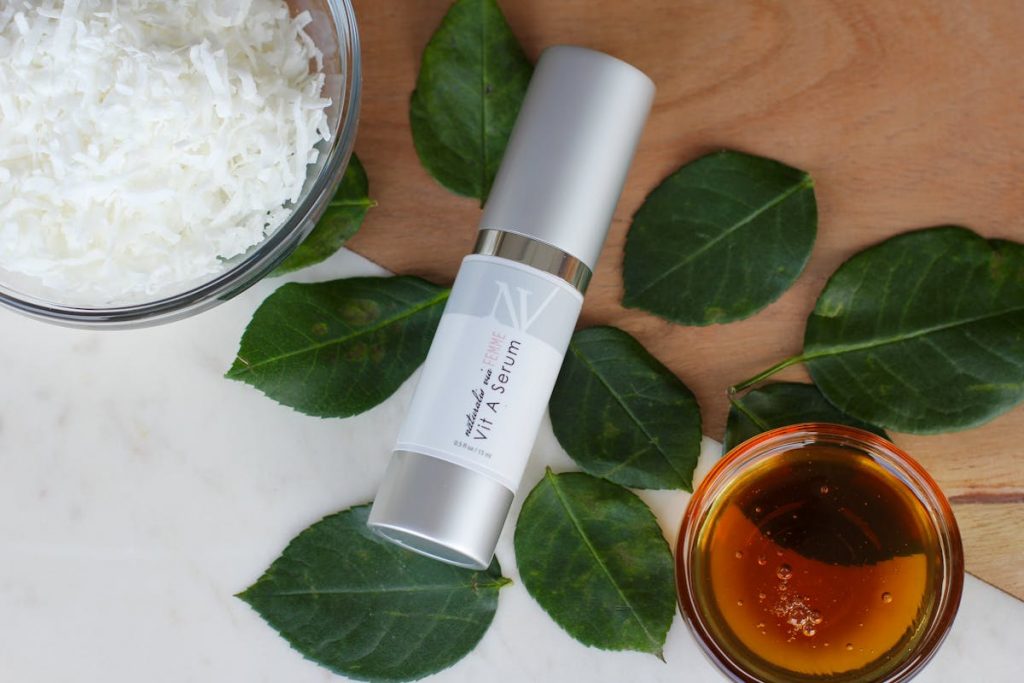

- Maintain a nutritious diet rich in vitamins and minerals for healthy hair growth.
- Practice gentle hair care to minimize breakage and preserve hair follicle health.
- Consider various hair loss treatments, including topical solutions and transplantation procedures.
- Explore natural remedies like essential oils and scalp massage to support hair health.
- Seek professional guidance from dermatologists or hair specialists for personalized treatment options.
Hair loss is a common concern that many individuals face as they age. Whether it’s due to genetics, hormonal changes, or other factors, seeing your hair thinning can be distressing. However, it’s essential to understand that there are effective ways to manage hair loss and maintain healthy hair as you age. This article explores some of the best strategies for dealing with hair loss and promoting hair health as you navigate the aging process.
1. Embrace a Healthy Lifestyle:
Maintaining a healthy lifestyle is crucial for overall well-being, including the health of your hair. Here are some lifestyle factors to consider:
Nutritious Diet:
A balanced diet rich in essential nutrients is vital for healthy hair growth. Include plenty of fruits, vegetables, whole grains, and lean proteins in your meals. Foods high in vitamins A, C, D, and E and biotin and omega-3 fatty acids can promote hair health.
Hydration:
Drinking adequate water is essential for keeping your hair hydrated and preventing dryness, which can contribute to hair breakage and loss.
Regular Exercise:
Regular physical activity improves blood circulation, which is beneficial for delivering essential nutrients to the scalp and promoting hair growth.
Stress Management:
Chronic stress can contribute to hair loss, so incorporating stress-reduction techniques such as meditation, yoga, or deep breathing exercises into your daily routine can help mitigate its effects.
2. Practice Gentle Hair Care:
Proper hair care can make a significant difference in minimizing hair loss and maintaining the health of your hair follicles. Consider the following tips:
Use Mild Products:
Opt for gentle shampoos and conditioners free of harsh chemicals, sulfates, and parabens. Look for products specifically formulated to promote hair growth and prevent hair loss. You can easily find anti-hair loss conditioner and shampoo that ensures strong yet soft and silky hair.
Avoid Overstyling:
Excessive heat styling, chemical treatments, and tight hairstyles can damage the hair shaft and contribute to breakage and hair loss. Limit the use of hot tools and opt for looser hairstyles to reduce tension on the hair follicles.
Be Gentle When Brushing:
Use a soft-bristled brush or wide-tooth comb to detangle your hair, starting from the ends and working up to the roots. Avoid brushing your hair aggressively, especially when it is wet, as it can break more easily.
3. Consider Hair Loss Treatments:
Several hair loss treatments are available that can help slow down hair loss and stimulate new hair growth. Here are some options to explore:
Topical Treatments:
Over-the-counter minoxidil (Rogaine) and prescription-strength medications such as finasteride (Propecia) can help prevent further hair loss and promote hair regrowth in some individuals.
Hair Transplantation:
For those experiencing advanced hair loss, hair transplantation procedures such as follicular unit transplantation (FUT) or follicular unit extraction (FUE) can effectively restore hair density and coverage.
Laser Therapy:
LLLT or low-level laser therapy devices, like laser caps and helmets, can encourage hair follicles to promote hair growth when used consistently over time.

4. Explore Natural Remedies:
In addition to conventional treatments, several natural remedies may help support hair health and minimize hair loss. Here are a few to consider:
Essential Oils:
Certain essential oils, such as rosemary, peppermint, and lavender oil, have been shown to have potential hair growth-promoting properties. Dilute the oils with a carrier oil and massage them into the scalp regularly.
Scalp Massage:
Gentle scalp massage can improve blood circulation to the hair follicles, promoting nutrient delivery and stimulating hair growth. Incorporate scalp massage into your hair care routine using your fingertips or a massage tool.
Nutritional Supplements:
Supplements containing vitamins, minerals, and herbal extracts like biotin, zinc, saw palmetto, and horsetail extract may support hair health and reduce hair loss when taken as directed.
5. Seek Professional Guidance:
If you’re experiencing significant hair loss or are unsure about the best approach to manage your hair loss, consider consulting with a dermatologist or a hair specialist. They can evaluate your condition, provide personalized recommendations, and prescribe appropriate treatments if necessary.
Dealing with hair loss can be challenging, but with the right strategies and treatments, it’s possible to maintain healthy hair as you age. By embracing a healthy lifestyle, practicing gentle hair care, exploring treatment options, incorporating natural remedies, and seeking professional guidance when needed, you can effectively manage hair loss and promote hair growth. Remember, consistency and patience are key, and with time, you can achieve healthier, fuller-looking hair. Don’t forget to incorporate the right products into your routine to maximize the benefits and support your hair’s overall health.
Leave a Reply
You must be logged in to post a comment.